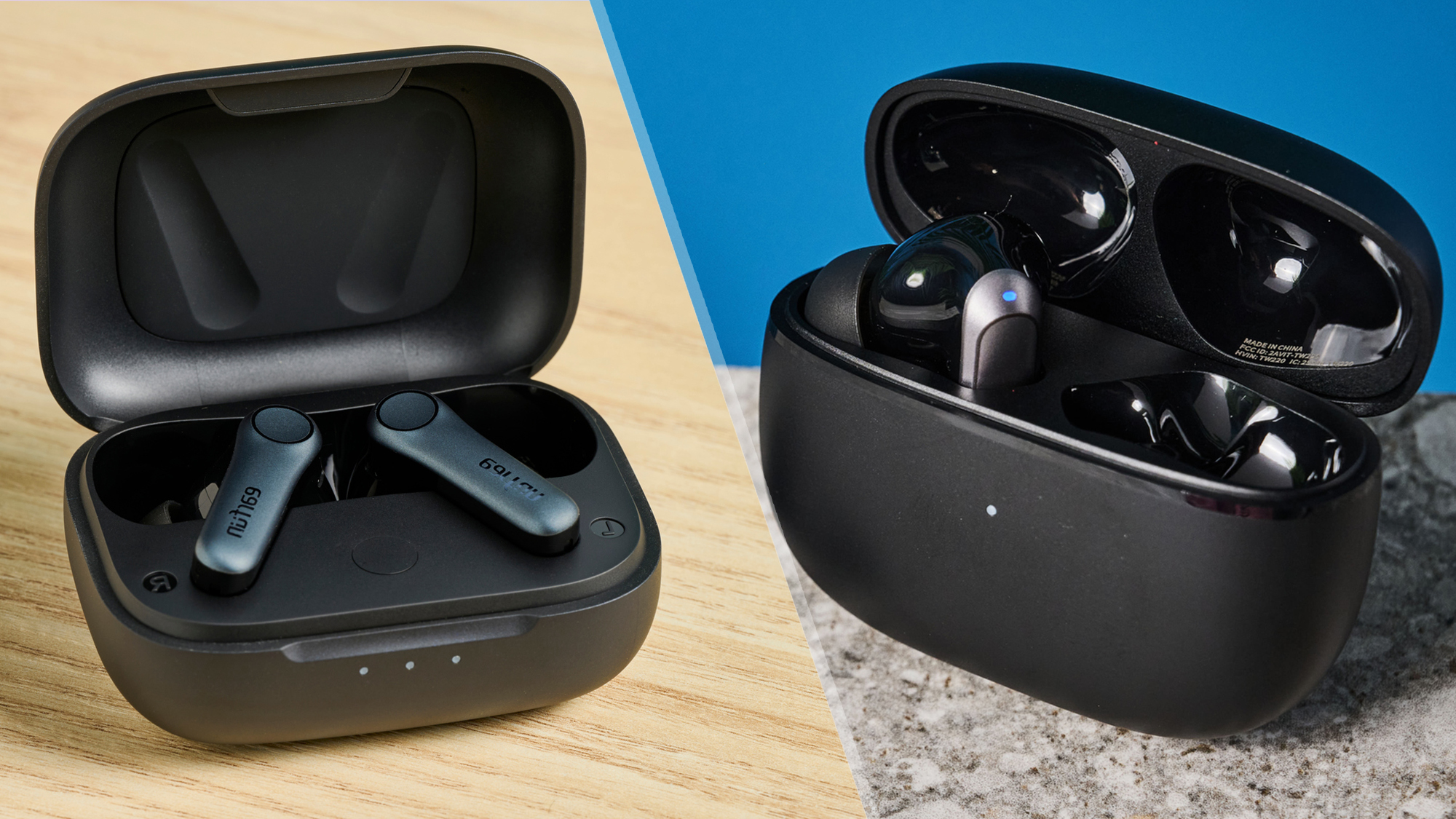
The EarFun Air Pro 4 earbuds boast five different effective ANC modes, gorgeous and well-balanced sound across genres, and they support advanced codecs for better audio quality. They’re extremely comfortable, too.
For
- Very comfortable
- Sound quality consistent across genres
- Supports advanced codecs
- Effective ANC
- Good battery life
Against
- Sound tends to bleed
- No spatial audio
For only $69, the EarFun Air 2 NC earbuds are great value. You get LDAC support with compatible Android devices, a fantastic companion app, and audio that actually sounds good. The only disappointment is lack of wear detection and relatively aged aesthetics.
For
- Decent sound quality
- Great companion app
- Great charging case
- Good battery life
Against
- No wear detection
- Earbud design leaves something to be desired
If you're in need for a great pair of earbuds but don't want to pay over the odds, there are lots of budget options available. As a staff reviewer here at Tom's Guide, I test some of the best cheap wireless earbuds and the best noise-cancelling earbuds, so I know what to look out for in terms of features and design.
EarFun makes budget earbuds that give you big sound for less, and the EarFun Air Pro 4 and the EarFun Air 2 NC are just that. Both pairs cost less than a month's groceries, and having tested them thoroughly, we can confirm that they're fantastic value for money. There's only a $30 difference between them, so which should you buy?
In this Air Pro 4 vs. Air 2 NC face-off, I'll break down the key differences and list the similarities so that you can make the best buying decision for yourself.
EarFun Air Pro 4 vs. EarFun Air 2 NC: Specs compared
EarFun Air Pro 4 vs. EarFun Air 2 NC: Price
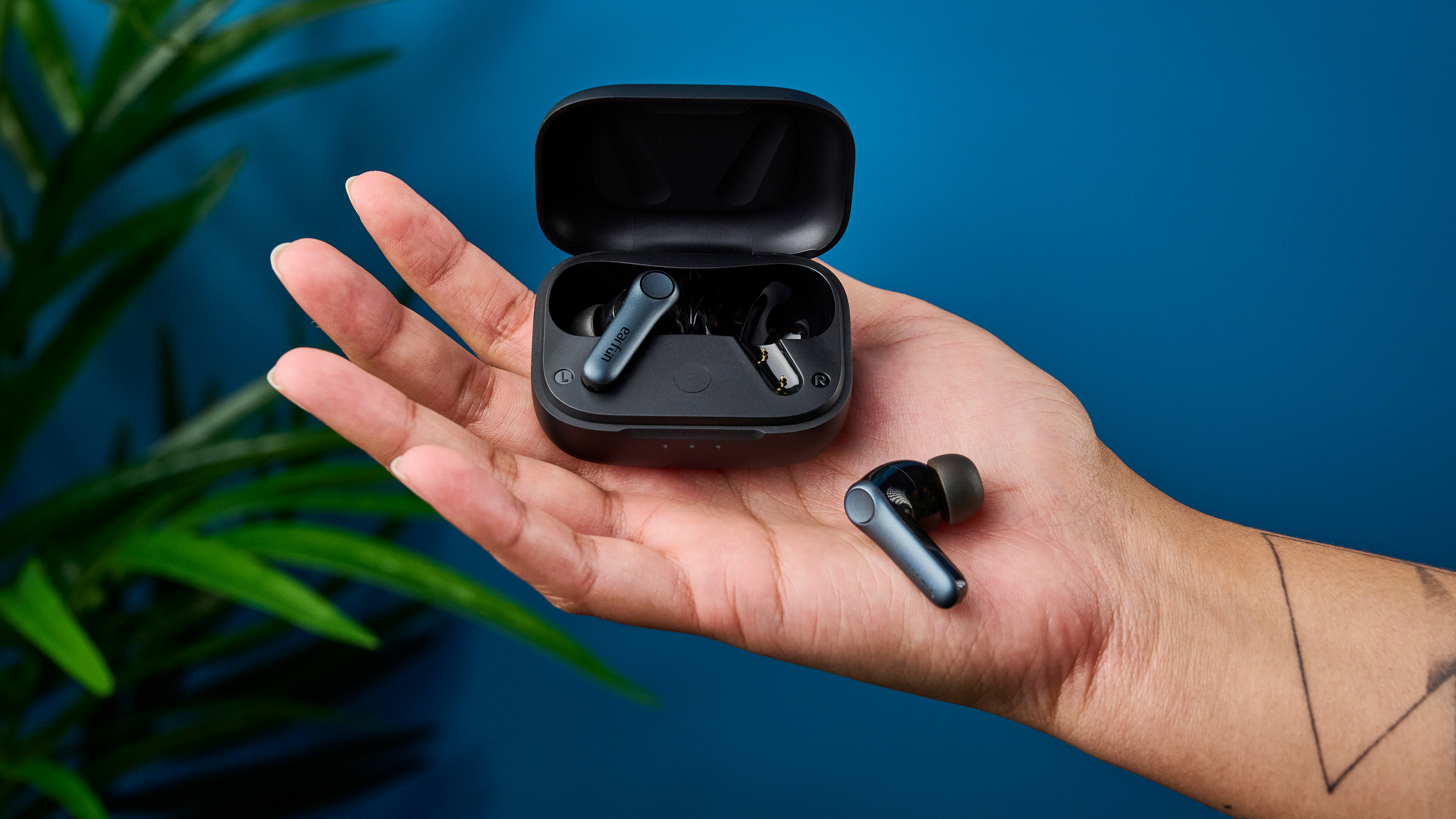
While both the EarFun Air Pro 4 and EarFun Air Pro 2 NC are budget earbuds, there's a $30 price difference between them. Both launched in 2024. The Air Pro 4s have a retail price of $99 at Amazon U.S. / £99 at Amazon U.K., while the Air 2 NCs are available for $69 at EarFun U.S. / £59 at Amazon U.K.
But these earbuds are available for cheaper, too, during sales events — it's worth keeping an eye out for Black Friday deals come November. For instance, we've seen the Air Pro 4s drop to $65 at Amazon U.S.
EarFun Air Pro 4 vs. EarFun Air 2 NC: Design & comfort
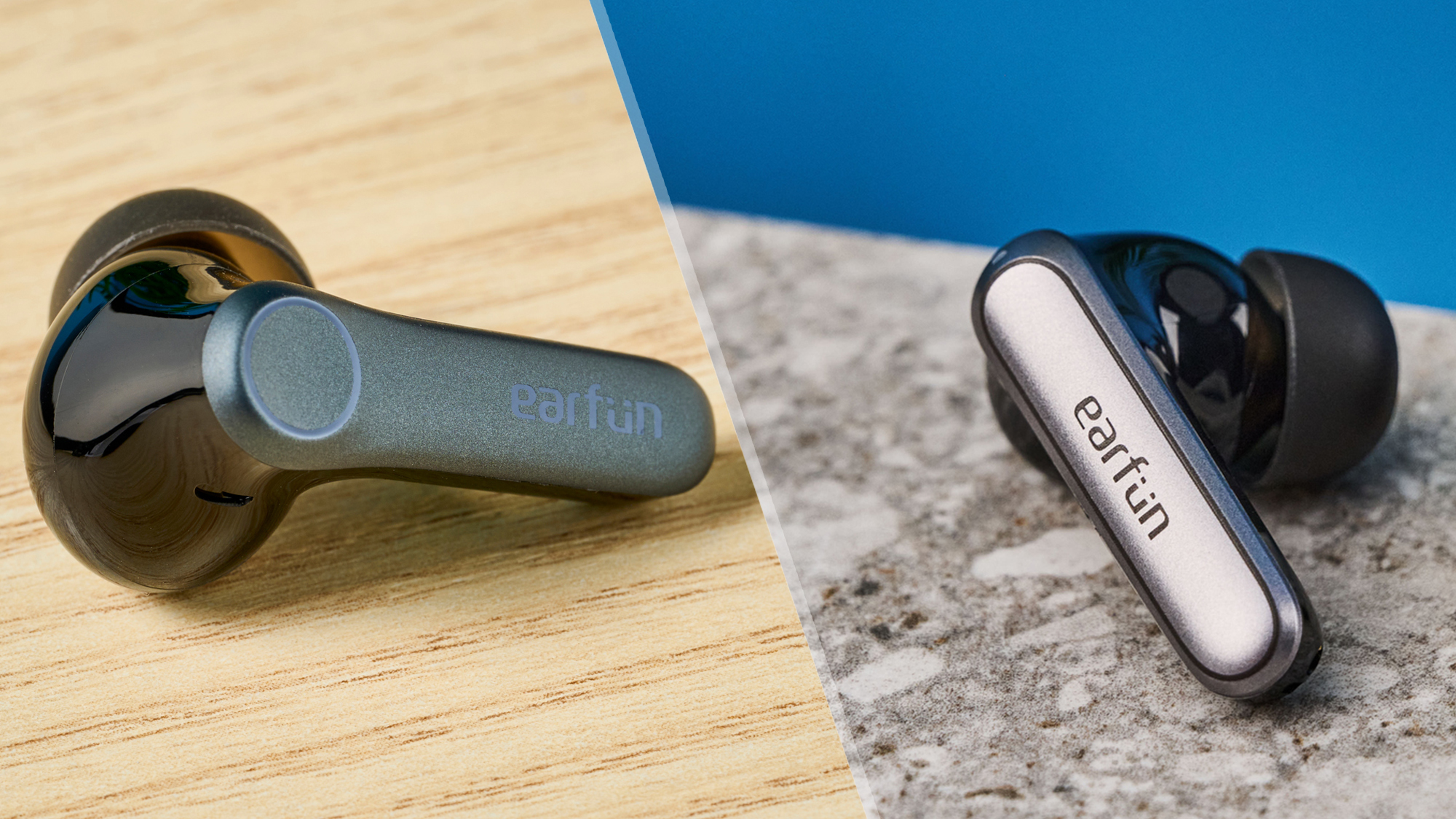
Put the EarFun Air Pro 4s next to the EarFun Air 2 NCs and you'll hardly be able to tell the difference, because of how similar they look. Both pairs sport a long stem design. The only major difference is in the finish. The Air 2 NCs (right, above) are encased in a black plastic and 2010s-style silver chrome finishing, and they look a little cheap. On the other hand, the Air Pro 4s (left, above) look more premium, thanks to the black glossy finish — they definitely look like they cost just under $100.
Both pairs are mighty comfortable, too. They come with four tip sizes each so you can find the right fit. In my Air Pro 4 review, I noted that I had no issues sleeping on my side while wearing them, and it's a similar story with the Air 2 NCs too.

There's also a difference in the charging cases. The Air Pro 4s' case (left, above) is nice and sleek, coated in a matte finish which makes it look and feel premium. The Air 2 NCs' rounded charging case (right, above) is reminiscent of an AirPods case. So do you prefer the budget AirPods look or the budget Bose look? Your call.
EarFun Air Pro 4 vs. EarFun Air 2 NC: Features & connectivity
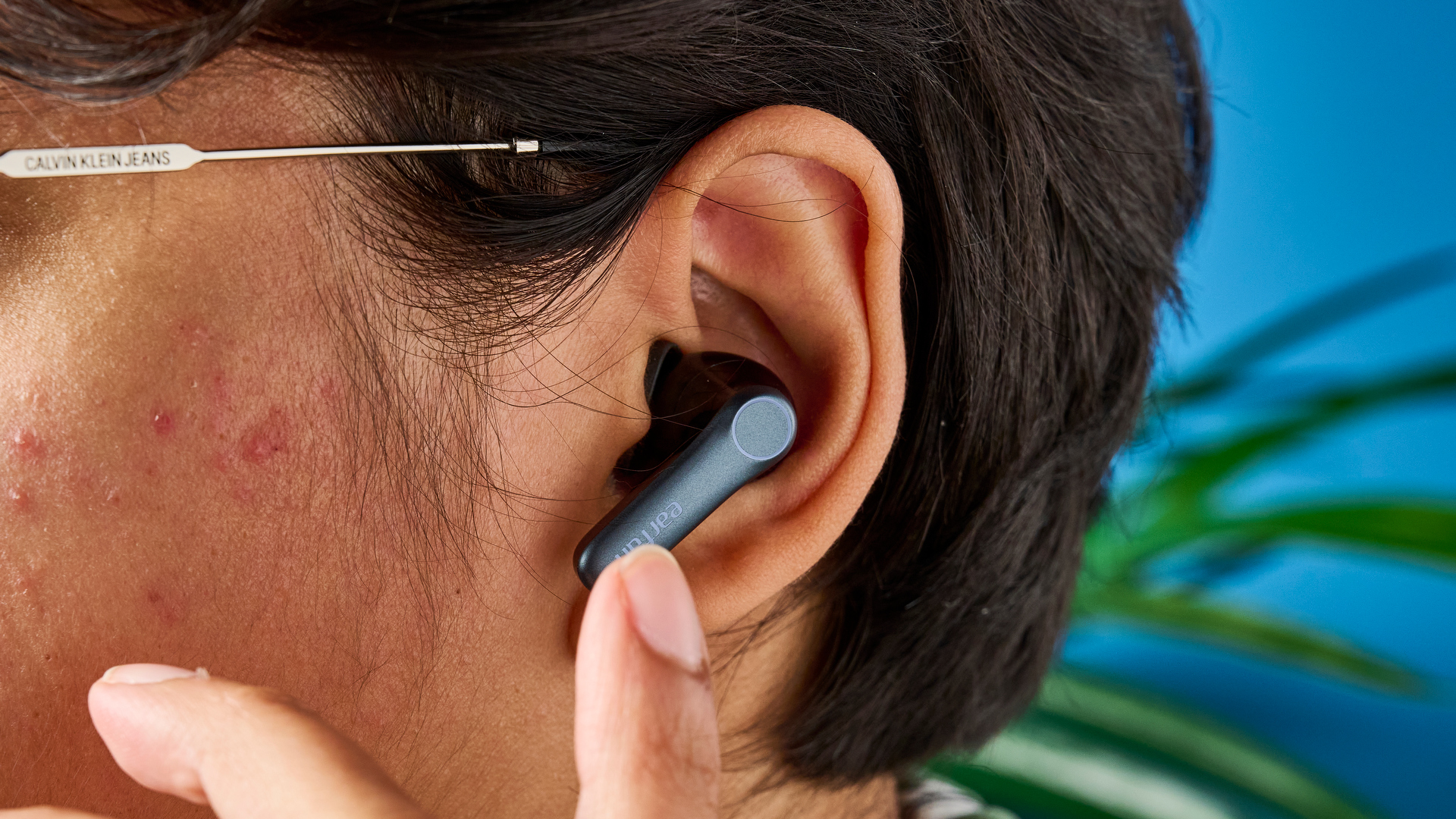
The $30 price difference between the EarFun Air Pro 4s and the EarFun Air 2 NCs means the latter lacks a few features the former carries, so think about what you value the most. For instance, both pairs utilize different Bluetooth versions. The Air Pro 4s utilize Bluetooth 5.4 and support advanced codecs, like aptX lossless, LDAC and Bluetooth LE. Meanwhile, the Air 2 NCs utilize Bluetooth 5.3 and support basic codecs like SBC and AAC, and just one advanced codec: LDAC. We did note in our Air 2 NC review, though, that with LDAC enabled, these earbuds feel pricier and more premium.
Both pairs are are IPX5-rated, which means they're waterproof and sweatproof, but have no dust protection. They'll be fine in light rain but keep them packed away when you hit the beach.
If you want earbuds that have wear detection — where media automatically pauses when you remove an earbud and resumes when it's put back in — consider the Air Pro 4s as this is missing from the Air 2 NCs.
As for multipoint connectivity, both pairs feature this, so you can connect the earbuds to your laptop and smartphone simultaneously.
EarFun Air Pro 4 vs. EarFun Air 2 NC: Sound & performance
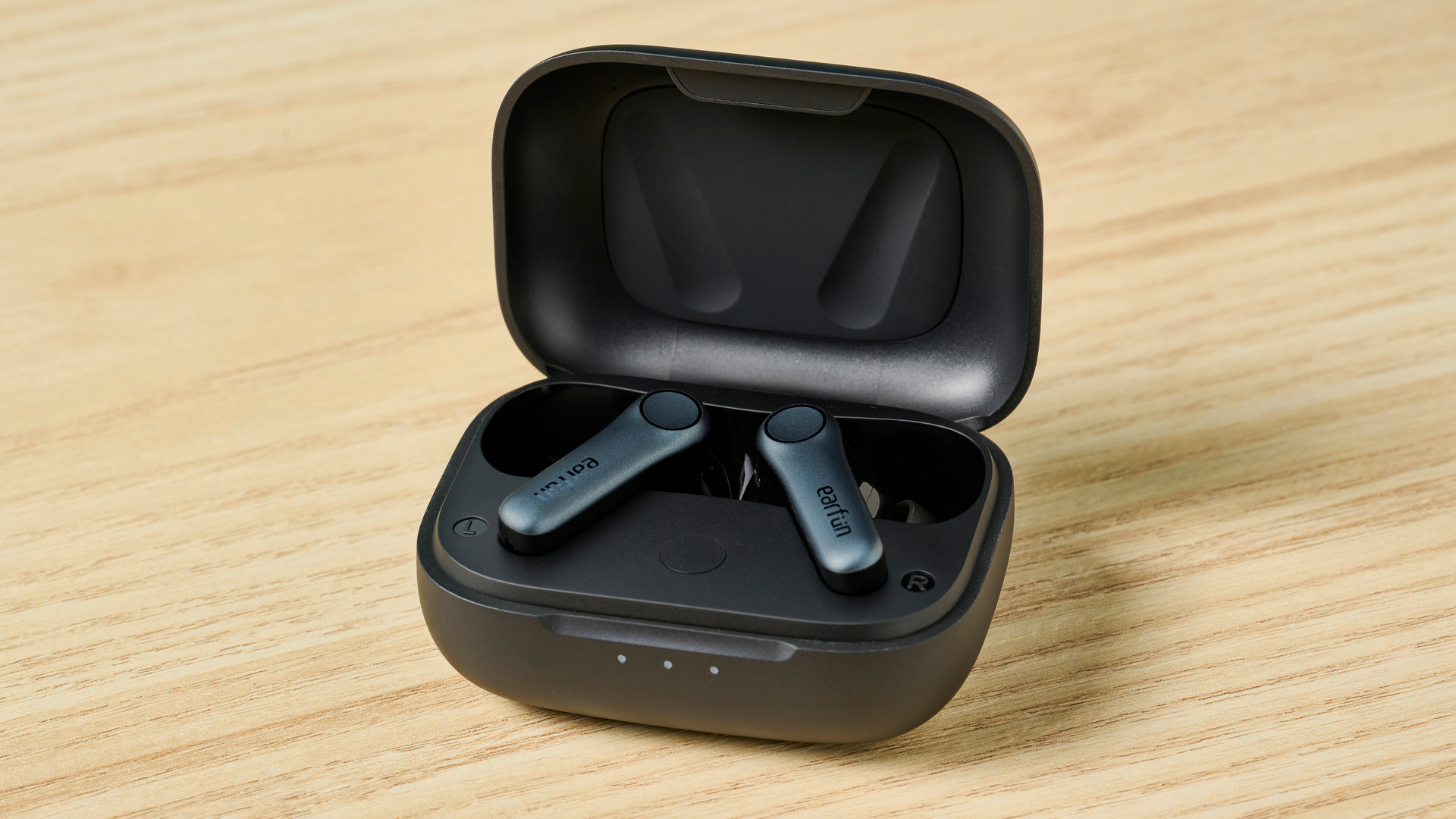
The good news is that regardless of the pair of the EarFun earbuds you settle for, you'll be pleased with the sound quality. The EarFun Air 4s are equipped with 10mm dynamic drivers while the EarFun Air 2 NCs utilize 11mm ones — so it's pretty close.
When I was testing the Air Pro 4s, I toggled LE audio on my Google Pixel 7 Pro and listened to these tracks and others on Spotify Premium. To test the Air 2 NCs, my colleague Erin Bashford used her iPhone 11 to listen on Apple Music. It's important to note that neither pair is compatible with Apple’s high-res Bluetooth codec, ALAC — only Sony’s LDAC — so if you have an iPhone, you won’t be able to take advantage of Apple’s proprietary high-res streaming codec with these earbuds.
Regardless, both pairs deliver thumping basslines that you can feel in your jaw, and in our testing, this was most prominent when listening to "Money" by Pink Floyd and "Talk Talk" by Charli xcx. Similarly, vocal clarity is outstanding as well, as we loved how tracks like Lana Del Rey's "A&W" and Doja Cat's "Paint the Town Red" sounded. Both the Air Pro 4s and the Air 2 NCs give you big sound for less.
Note that neither pair supports spatial audio, and you might have to consider other options if that's important to you. We recommend the Soundcore by Anker Liberty 4 NC ($99) for their spatial audio instead.
EarFun Air Pro 4 vs. EarFun Air 2 NC: ANC
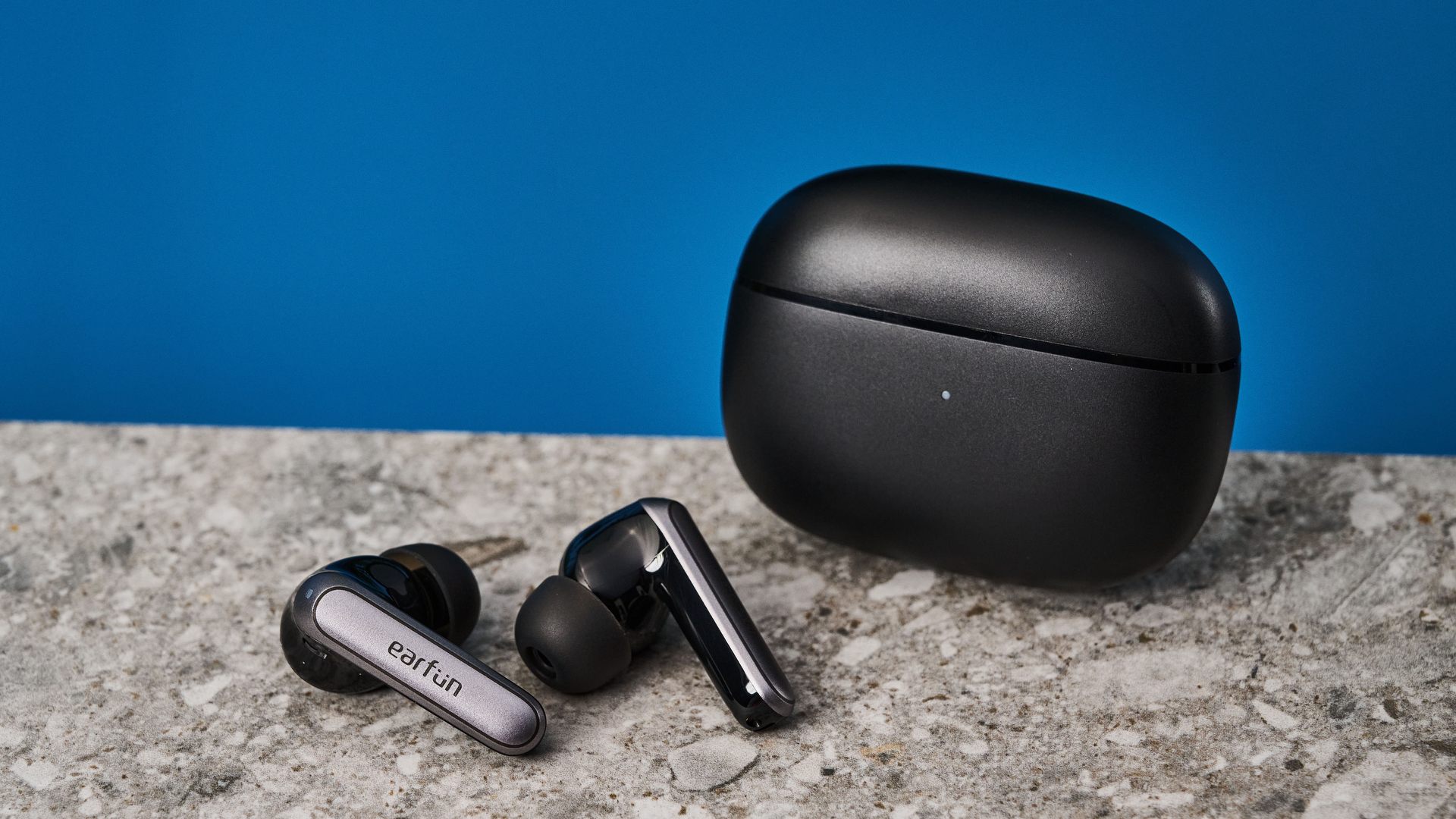
Both the EarFun Air Pro 4s and the EarFun Air 2 feature active noise cancellation (ANC). Gone are the days when you had to spend hundreds of dollars to get decent ANC. Utilizing Qualcomm’s QuietSmart 3.0 adaptive hybrid ANC, the Air Pro 4s block out sounds up to 50dB. On the other hand, the Air 2 NCs feature adaptive hybrid ANC technology, which can block out sounds up to 45dB.
The Air Pro 4s take ANC to the next level by offering five different modes: strong, balanced, wind noise canceling, AI environment adaptive ANC, and AI ear adaptive ANC. But even though the Air 2 NCs don't feature these, their ANC is still excellent for budget earbuds.
EarFun Air Pro 4 vs. EarFun Air 2 NC: Battery life
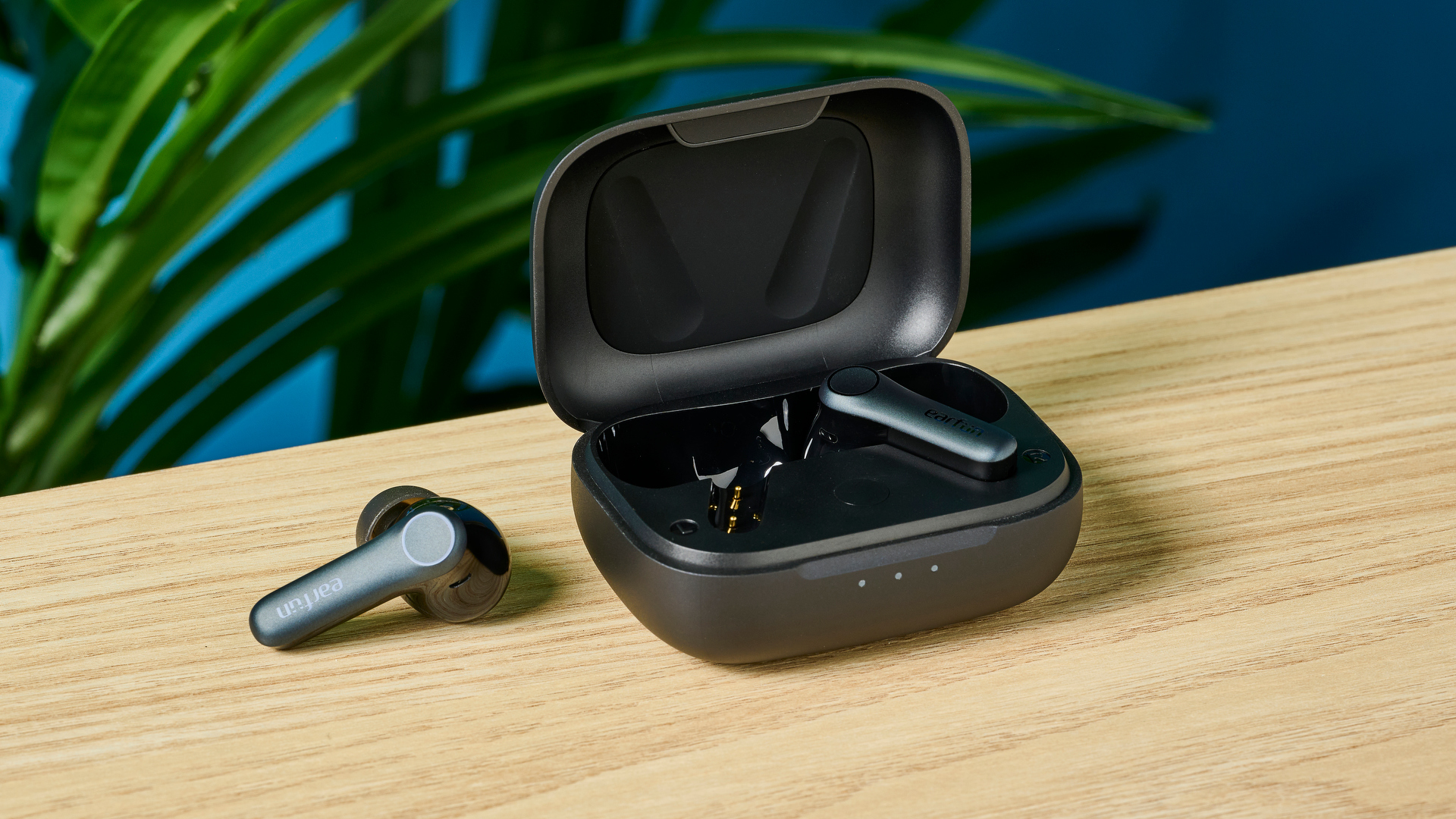
The EarFun Air Pro 4s and the EarFun Air 2 NCs have similar battery life, but the former's is better. After all, they cost nearly $30 more. On a single charge, the Air Pro 4s should comfortably last you approximately 52 hours (11 hours + 41 hours from the charging case) with ANC off. With ANC on, the battery drops to 35 hours (7.5 hours + 27.5 hours).
Similarly, the Air 2 NCs will last longer if you have ANC disabled: 40 hours (9 hours + 31 hours from the charging case). With ANC enabled, you'll get a total of 27 hours of playback (6 hours + 21 hours from the charging case).
We confirmed all of the above numbers in our testing, as both pairs lasted much longer than we'd originally expected from budget earbuds.
Which earbuds should you buy?
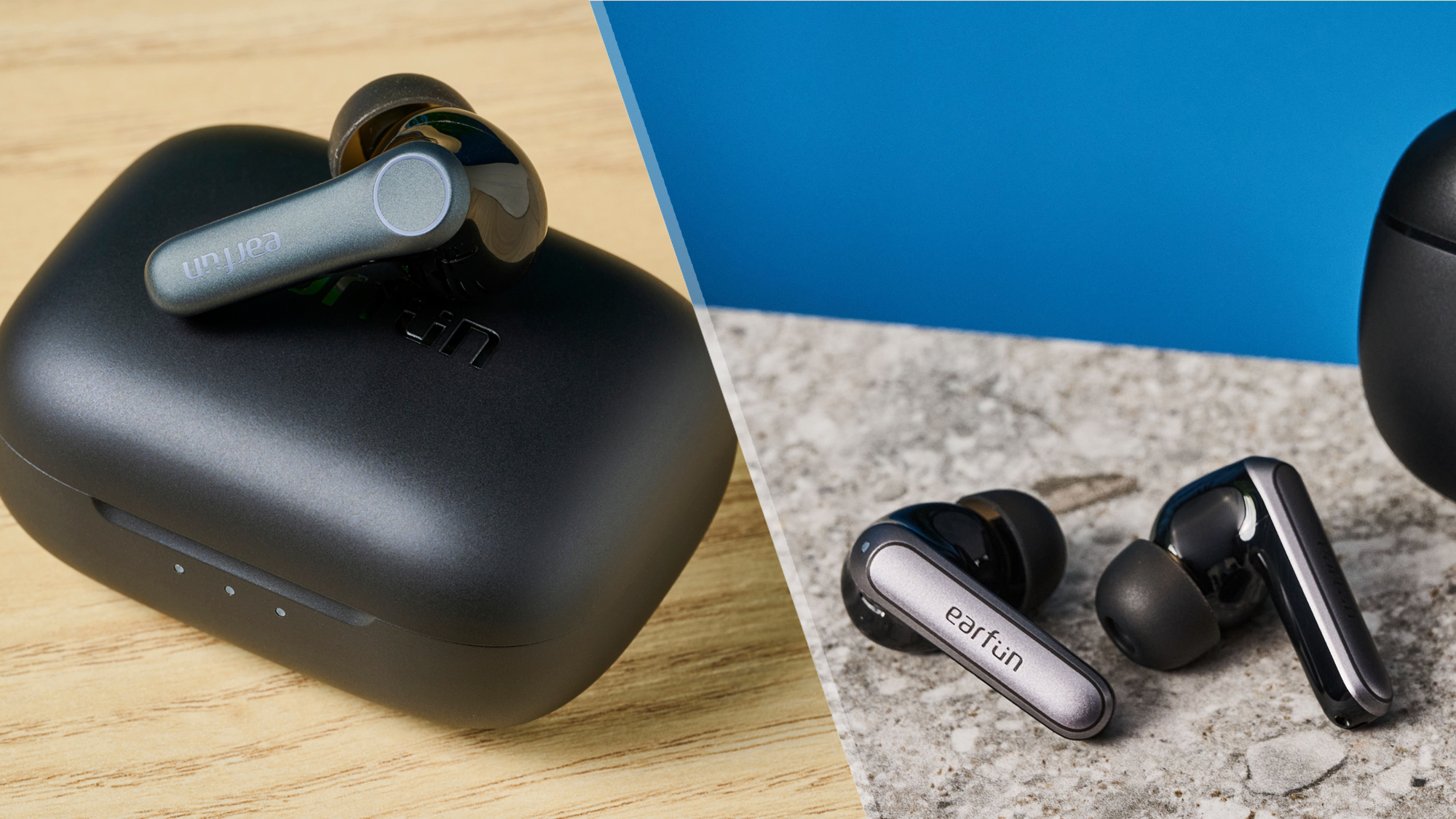
At the end of the day, both the EarFun Air Pro 4s and the EarFun Air 2 NCs are extremely good value for money. The Air Pro 4s are $30 more expensive than their younger sibling and the bigger price tag introduces a few premium features, such as support for advanced codecs like aptX lossless audio, LDAC and Bluetooth LE. They also have better battery life, and design-wise, they look and feel premium, especially compared to the Air 2 NCs. They feature five different ANC modes too, for any situation.
But if you want to save some cash, the Air 2 NCs are an excellent choice, too. They sound nearly as good as the Air Pro 4s; they're very comfortable; have great battery life; and feature effective ANC. Both pairs of earbuds easily warrant recommendations. When you listen to music through either, you won't be able to tell that they cost less than $100.







